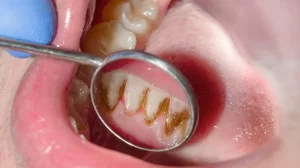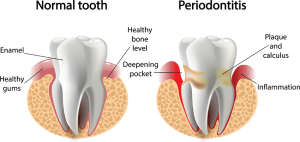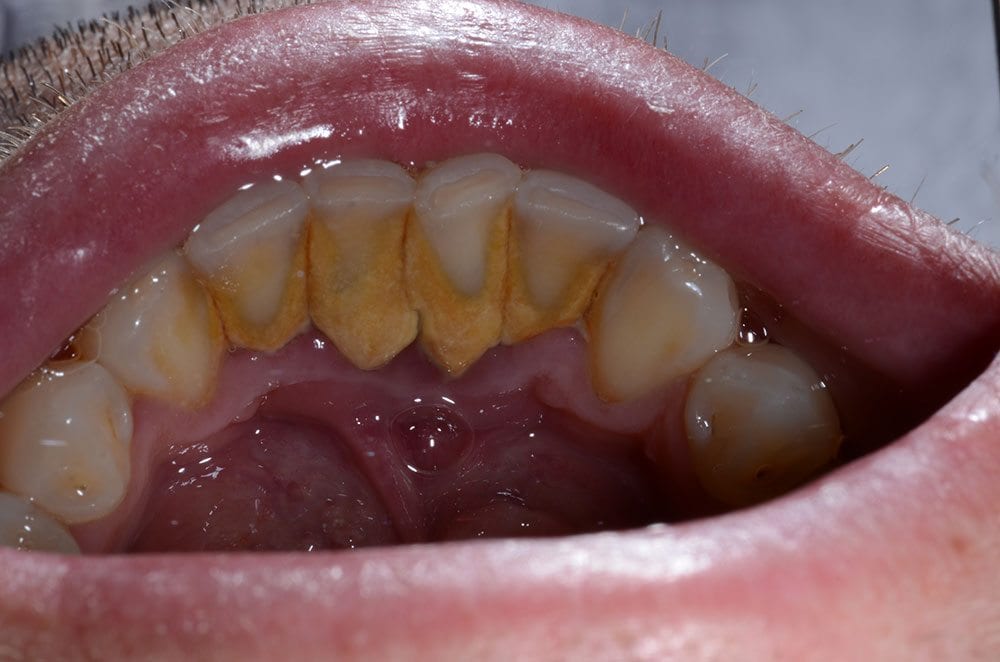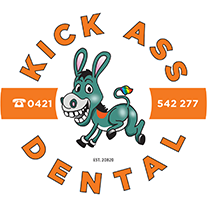How Do I Know If My Gum Disease Is Serious? – A Comprehensive Guide
Introduction
How do I know if my gum disease is serious? Gum disease, also known as periodontal disease, is a common oral health problem that affects many people worldwide. While gum disease can range from mild to severe, it is essential to recognize the signs and symptoms to determine the severity of your condition. In this comprehensive guide, we will explore the indicators that can help you identify if your gum disease is serious.
Understanding Gum Disease
Gum disease is an infection of the tissues surrounding and supporting your teeth. It is primarily caused by poor oral hygiene habits that allow bacteria in plaque to build up and infect your gums. The early stage of gum disease is called gingivitis, which is characterized by red, swollen, and bleeding gums. If left untreated, gingivitis can progress to periodontitis, a more severe form of gum disease that can lead to tooth loss and other complications.
Signs of Serious Gum Disease
1. Persistent Bad Breath: Chronic bad breath, also known as halitosis, can be an indicator of gum disease. The bacteria in your mouth produce volatile sulfur compounds, causing an unpleasant odor.
2. Gum Recession: If you notice that your gums are pulling away from your teeth or your teeth appear longer than before, it could be a sign of advanced gum disease. Receding gums expose the tooth roots, leading to sensitivity and an increased risk of tooth decay.
3. Loose or Shifting Teeth: Gum disease can weaken the bone and tissues supporting your teeth, causing them to become loose or shift position. If you experience any changes in your bite or notice gaps between your teeth, it’s crucial to seek dental evaluation.
4. Deep Pockets between Teeth and Gums: During a dental examination, your dentist will measure the depth of the space between your teeth and gums. Deeper pockets indicate the presence of gum disease, with increased pocket depth suggesting a more severe condition.

5. Gum Sensitivity and Discomfort: If your gums feel tender, swollen, or painful, it could be a sign of gum disease. You may also experience gum bleeding, especially while brushing or flossing.
When to Seek Professional Help
If you observe any of the above signs, it is essential to consult a dental professional for a comprehensive evaluation. A dentist or periodontist can assess the severity of your gum disease and recommend appropriate treatment options. Remember that early detection and intervention can help prevent further damage and improve your oral health. How do I know if my gum disease is serious?
Prevention and Treatment
Preventing gum disease starts with maintaining a proper oral hygiene routine. Here are some tips to keep your gums healthy:
– Brush your teeth at least twice a day with a fluoride toothpaste.
– Floss daily to remove plaque and debris from between your teeth.
– Rinse with an antimicrobial mouthwash to reduce bacteria.
– Visit your dentist regularly for professional cleanings and check-ups.
– Avoid tobacco use as it increases the risk of gum disease.
– Eat a balanced diet rich in fruits and vegetables for optimal gum health.
If you already have gum disease, your dentist may recommend the following treatments:
– Scaling and Root Planing: A deep cleaning procedure that removes plaque and tartar from the surfaces of your teeth and roots. It helps to smooth out rough areas and allows the gums to reattach to the teeth properly.
– Antibiotics: In some cases, antibiotics may be prescribed to control bacterial infections and reduce inflammation in the gums.
– Gum Surgery: Advanced cases of gum disease may require surgical intervention. Procedures such as gum grafting, flap surgery, or bone grafting can help restore gum health and repair damaged tissues.
– Ongoing Maintenance: After receiving treatment for gum disease, it is crucial to maintain regular dental visits and follow a consistent oral hygiene routine. Your dentist may recommend more frequent cleanings and monitoring to prevent the recurrence of gum disease.

Conclusion
Gum disease should never be ignored, as it can have serious consequences for your oral health. By being aware of the signs of serious gum disease and seeking professional help promptly, you can prevent further damage and improve the condition of your gums. Remember to practice good oral hygiene habits, visit your dentist regularly, and follow their recommendations for treatment and prevention. Taking care of your gums is an essential part of maintaining a healthy smile for a lifetime. For gum disease surgery see here.





